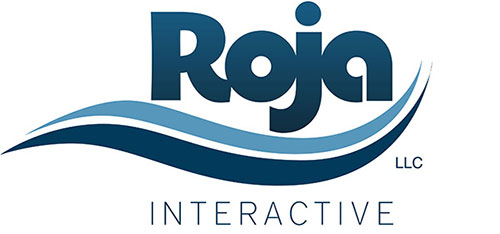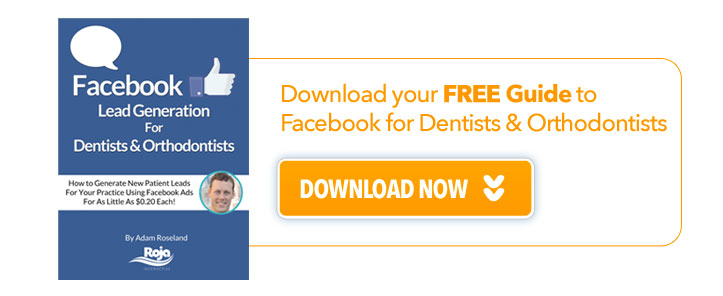Dental Blogging: 15 Tips To Make You A Better Blogger
Whether you are starting a dental blog for your practice or are just looking to up your personal blog game, you’ve come to the right place. Dental blogging can be extremely taxing, especially considering how many other tasks you need to get done to keep your practice up and running. When it comes to any kind of blogging, we’ve got the tips to help improve your game and fight the urge to give up. You don’t have to be an English major to benefit from these tips—just someone who’s got a blog, website, or advertisement that needs a little help.
1. Research, research, research.
It isn’t just for research papers anymore. No matter what you’re writing, from a well-reasoned blog post to an “about us” page for your dental websites, you’re going to want to have the right facts. It’s also a great way to beat back writer’s block.
2. Make your posts interesting.
Easier said than done, right? Not necessarily. Telling the truth, writing about something controversial, and formatting your pages or posts so that they can easily be scanned by readers are great ways to up the interest. Don’t be afraid to tell a story—everyone loves a great story.
3. Use your personality.
If you’re not injecting your content with personality, your content is probably too dry for anyone to care about. Readers want to feel that they both know and like the speaker, even if they can’t see him. Make sure the personality of your content matches up with your brand’s personality.
4. Write the optimal headline.
For more comprehensive tips about writing the perfect headline, see our post about how to write ideal headlines. In general, keep it short, pertinent, and interesting. Lists (like this blog post), headlines in the form of questions, and “How to” or “Tip” content is the most popular.
5. KISS.
Keep It Simple, Silly. This doesn’t mean you have to dumb your content down, it just means that you should present your content in the clearest possible way, which is generally also the simplest possible way. You want your readers to understand quickly and easily why your practice is the one to visit.
6. Get to know your audience.
While it’s important to write content that you find interesting and are passionate about, it’s most important to write content that your audience will find interesting. Find out what your patients want to know about and write to those wants and needs.
7. Make your copy pretty.
Looks are just as important as the content itself when it comes to the written word. Use a clear, readable font, short paragraphs, and lists. Headings and subheadings are also a great way to make your content more pleasing to the eye. Where appropriate, incorporate graphics.
NEED HELP WITH BLOGGING?
8. Don’t try to outsmart your reader.
Delving too deeply into the psychology of writing and trying to craft sentences that will trick your reader into taking action is not only time-consuming, it also just doesn’t work very well—and if the reader catches wind of it, they will high tail it out of there. Just be honest and straightforward.
9. Don’t follow the rules.
If the rules of grammar are standing in between you and your audience, you need to stop worrying so much about the rules. If it makes more sense to use a colloquialism than to stick to all those rules we learned in school, or if it will better communicate your message to your target audience, throw out that grammar book.
10. Cut out distractions.
Writing time should be writing time. This is something that some of the most famous writers in the world build into their daily routines. Stephen King writes every single morning, without interruption. Set yourself a schedule, set yourself a timer, and shut down emails and social media. Just focus on the words. Don’t forget to take breaks, but definitely keep working away at it.
11. Don’t write content just to have content on the page.
There is nothing that your website visitors are going to hate more than useless content. Everything on your blog or website should have a purpose. It should be directed to converting a visitor into a patient, building a relationship, or not exist at all.
12. Write benefit-driven content.
Instead of just writing generic content about what your practice does, focus your content so that it explains exactly how your practice can benefit the site visitor. Talk about exactly what your practice does well and why the prospect should consider you as their future dentist.
13. Cut out passive voice.
You don’t want your patients to be passive, so why use a passive voice? While you might want to throw out that grammar handbook, this writing advice shouldn’t be so quickly disregarded. Go ahead and claim your accomplishments. Instead of writing “Hundreds of happy patients are seen at our office every week,” write, “We see hundreds of happy patients every week.” The gist is the same, but the second sentence is much stronger.
14. Use strong language.
Not swearing, of course, but strong verbs. Many writers tend to use “could,” “perhaps,” and “may” far more than they use “will” and “do.” This is often to avoid making promises that they can’t keep, but it leads to very weak content. Use strong language and make promises when you know you can fulfill them. This “will” make you a better writer 🙂
15. Never go without a call to action.
Especially when it comes to website content, and usually when it comes to a blog, never forget to include a call to action. These usually come at the end, and encourage the user to take action, whether that action be opting into your email list or making an appointment. Tell them to do it and they’re much more likely to do it.
Here is our call to action… download it now!





Leave a Reply